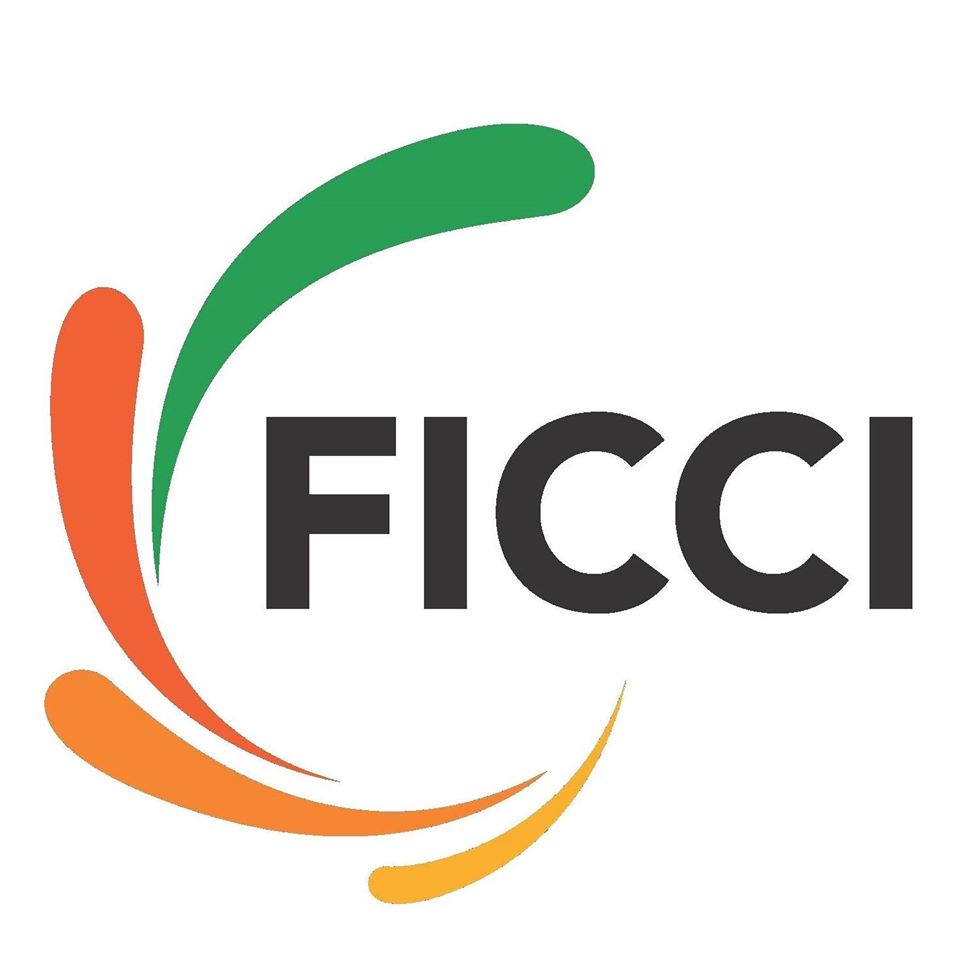National Education Policy (NEP) looks transformational: FICCI
New Delhi: FICCI commends the government on the National Education Policy (NEP), 2020 released yesterday that looks fairly well structured and seems to have captured most of the important aspects of education. “This new policy has set a new paradigm by emphasizing on multidisciplinary and liberal education, doing away with affiliating system, moving towards institutional and faculty autonomy, co-existence of public and private higher educational institutions on equitable terms to promote research, credit-based system of curricular composition for different levels of qualifications, engagement with society, practice labs and focus om emerging technologies to plan, design and deliver the 21st century education,” remarked Dr Sangita Reddy, President, FICCI.
Dr Reddy further stressed on the need by the government to take up the implementation of the NEP with a concerted, focused and in a time bound manner. She said that it is extremely important to engage relevant stakeholders (including industry association bodies,) for an effective and smooth adoption of changes envisioned in the national education policy.
Mr Mohandas Pai, Adviser-FICCI Higher Education & Skills Committee & Chairman-Manipal Global Education, said that FICCI Higher Education that started its journey of reform since 2004, came up with a transformative recommendation through its report ‘Higher Education in India: Vision 2030’ released in 2013. “It is very heartening to see that most of the recommendations that were suggested in the FICCI Vision 2030 document has been adopted in the National Education Policy,” highlighted Mr Pai.
While citing one of the recommendations of the FICCI report, he mentioned that the NEP has talked about creating a tiered structure with Type I, Type II and Type III Higher Educational Institutions (HEIs), that is very much in line with the FICCI vision report that suggested a 3-tiered framework (pyramid structure) by bucketing the diverse set of HEIs into three types, viz foundational HEIs, professional HEIs and research-intensive universities/HEIs.
Dr Vidya Yeravdekar, Chairperson, FICCI Higher Education Committee & Pro Chancellor, Symbiosis International University, said that the overall emphasis of NEP is to ensure quality with a predominant focus on equitability, inclusivity, and accessibility in Indian education system. The approach to multidisciplinary curriculum is commendable and what is required in the present situation. While highlighting the significance of academic credit banks and internationalization of higher education and its appropriate focus in the education policy, she also complimented the government on the autonomy given to Universities. “The new education policy is not only student friendly but also what the academia have appreciated,” said Dr Yeravdekar.
Dr Rajan Saxena, Past Chair, FICCI Higher Education Committee & Former Vice Chancellor, NMIMS while highlighting the significance of single overarching regulatory body, stressed on the fact that it will help to do away with multiple compliances since the proposed regulatory framework will work on self-disclosures by institutions.
He further mentioned that in line with FICCI recommendation, the NEP talks about creating the National Research Foundation (NRF) with an annual non-lapsable fund of Rs 20,000 crores extending to both public and private sector HEIs. This is indeed a great move, which, if implemented in letter and spirit, would certainly revolutionize the much-needed research ecosystem in the country
Mr Shishir Jaipuria, Co-Chairman, FICCI ARISE & Chairman, Seth Anandram Jaipuria Education Society said that the National Education Policy offers a number of well-reasoned and bold reformative steps in the right direction and conveys a clear bias for disruptive change to meet the future learning needs. Some of the important aspects of the policy that he highlighted were in the areas of Early Childhood Education, Teacher Education, Curriculum and Pedagogical Structure, Assessment, Accreditation, Self-Governance, and Standardized learning for both private and public schools. He further stressed that in order to meet the growing demand of investment required for India to reach SDG-4 by 2030 , it is time that the education sector opens up to private investment that will bring the cost of the education down and also help in meeting the diverse needs of the country.
Mr Atul Kulshrestha, Chairperson, FICCI Edtech Task Force and Chairman and MD, Extramarks said that the New Education Policy aims to completely transform the school education by aiming to provide high quality education to all specially by integrating technology, implementing a new assessment methodology and using AI to track student performance to optimize their career.

